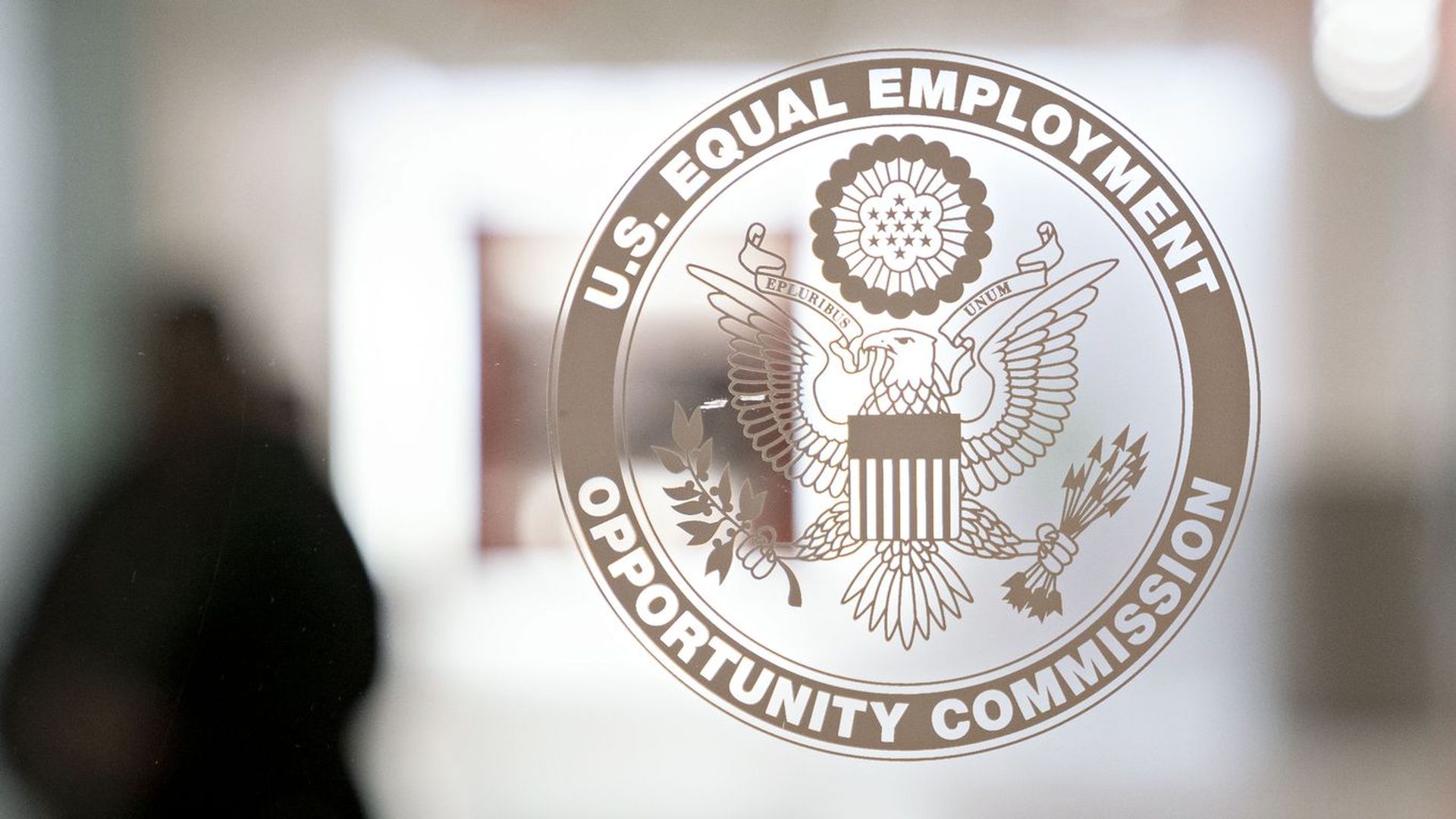| The agency charged with enforcing civil rights laws in the workplace issued new guidelines yesterday, warning that discrimination against caregivers, including mothers, may be unlawful — and something to watch out for as more women return to work, Emily writes Why it matters: "We really want to make sure that the pandemic does not lead to a long-term widening of gender and racial pay gaps," Charlotte Burrows, chair of the Equal Employment Opportunity Commission, told Axios in an exclusive interview about the new guidance. The big picture: Discrimination against mothers and other caregivers was already a problem heading into the pandemic, but it intensified during COVID-19, with schools, day cares and other resources shuttered or intermittently unavailable. - "We are getting a lot of COVID-related [complaints] in general," Burrows said.
State of play: Civil rights laws do not designate "caregivers" as a protected class. Discrimination happens when stereotypes about gender or race bump up against employee responsibilities. The guidance offers some examples: - Not assigning demanding or high-profile projects because of stereotypes about a mother's willingness to work.
- Disparaging women for working hard when they "should" be home with their kids.
The pandemic has been "a civil rights challenge disproportionately hitting minorities, women, persons with disabilities and vulnerable groups," Burrows said. What to watch: Complaints to the EEOC lag the actual discrimination, and the agency will be tracking charges coming in on these issues. Go deeper | 











No comments:
Post a Comment